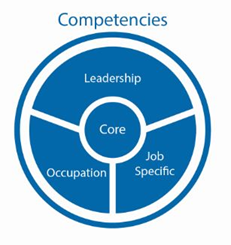Competencies
Competency Development Groups
Competencies are the knowledge, skills and behaviors needed for individuals to succeed on the job.
CalHR has created Core and Leadership Competency Models that identify the knowledge, skills and behaviors that leaders need to be successful in their roles. Leaders are expected to have proficiency in all of the core and leadership competencies.
Core and Leadership Competencies don’t attempt to describe all competencies that are needed to successfully perform a job. There are Occupation and Job Specific skills required in each position. Occupation and job specific competencies are not the focus of CalHR and would be included in a comprehensive development plan by departments.
Competencies support the state’s efforts to attract, develop, and retain a highly talented workforce. They are intended to help employees to:
- Understand what is expected in their job
- Know what key behaviors to demonstrate
- Discuss strengths and development areas with their supervisor/manager
- Align training and development opportunities for current and future growth


Core Model
Core competencies are foundational to all state employees, regardless of classification.

Leadership Model
Leadership Competencies define leadership behaviors that could be relevant to state employees who want to build & develop leadership skills.
CalHR Course Information
For additional details on which courses pertain to each competency, and may qualify towards the biennial training requirements, please see the CalHR Course Information page.



